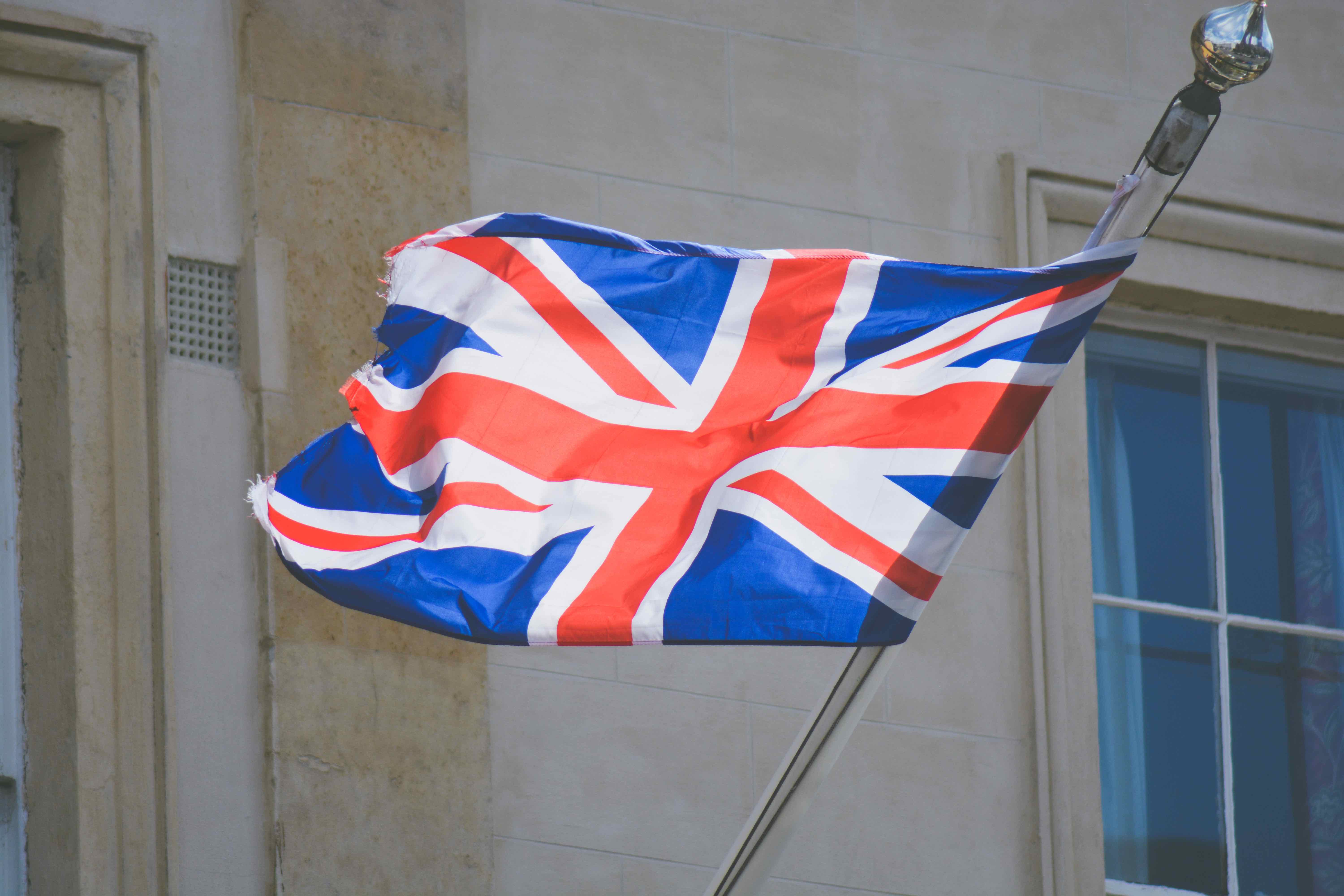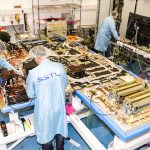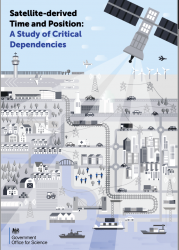As the deal/no-deal Brexit conundrum continues to roil UK politics, the British government has quietly sounded out strategic partners in the so-called “Five Eyes” security alliance for help in launching its own satellite positioning system. Due to leave the European Union on October 31, the UK faces a lockout from the continent’s Galileo system and services, most crucially its–as yet unrealized–Public Regulated Service (PRS), an encrypted navigation signal for governmental-authorized users and sensitive applications, that is, the military.
According to The Telegraph newspaper, U.K. Space Agency officials held discussions with representatives from the United States, Australia, Canada and New Zealand. Reports as early as May 2018 said that the government was considering its own satellite system, but this marks the first known formal outreach to allies to construct and orbit a UK GNSS.
Britain certainly has the industrial expertise to build the satellite payloads, as homegrown Surrey Satellite Technology Ltd. built nearly all the Galileo payloads now orbiting and those in various stages of testing on ground; the total comes to 24 or possibly more.
In 2018 the Space Agency garnered £92 million from the previous Conservative administration’s budget to assess whether UK could build and operate its own global navigation satellite system. The answer came in the affirmative, with cost estimates ranging from 3.2 to 5 billion pounds (or about $3.9 to $6.1 billion).
Allies contributing experience, expertise, technology and funds could certainly facilitate the massive project. Most crucial would be the globally dispersed monitoring sites, essential to high-accuracy services, that Canada, the U.S., Australia and New Zealand could furnish. Those sited solely on British overseas territories and dependencies would likely not prove equal to the task.
In return, the four other Five Eyes partners would conceivably gain access to a UK military-grade signal. What advantages this might bring in addition to GPS M-Code, to which they also have access, remain speculative.
UK Prime Minister Boris Johnson took the unusual step of signaling a strong GNSS intent in his inaugural speech on the steps of 10 Downing Street, July 24. “Let’s get going now on our own position navigation and timing satellite and earth observation systems: UK assets orbiting in space with all the long-term strategic and commercial benefits for this country.”
Normally such initial utterances focus on social services and general British well-being, but Johnson singled out GNSS, as well as animal welfare and unrestricted genetic tinkering, as projects dear to his heart.
Formal talks on a new GNSS have not gotten underway, pending the resolution, one way or another, of the Brexit imbroglio.






